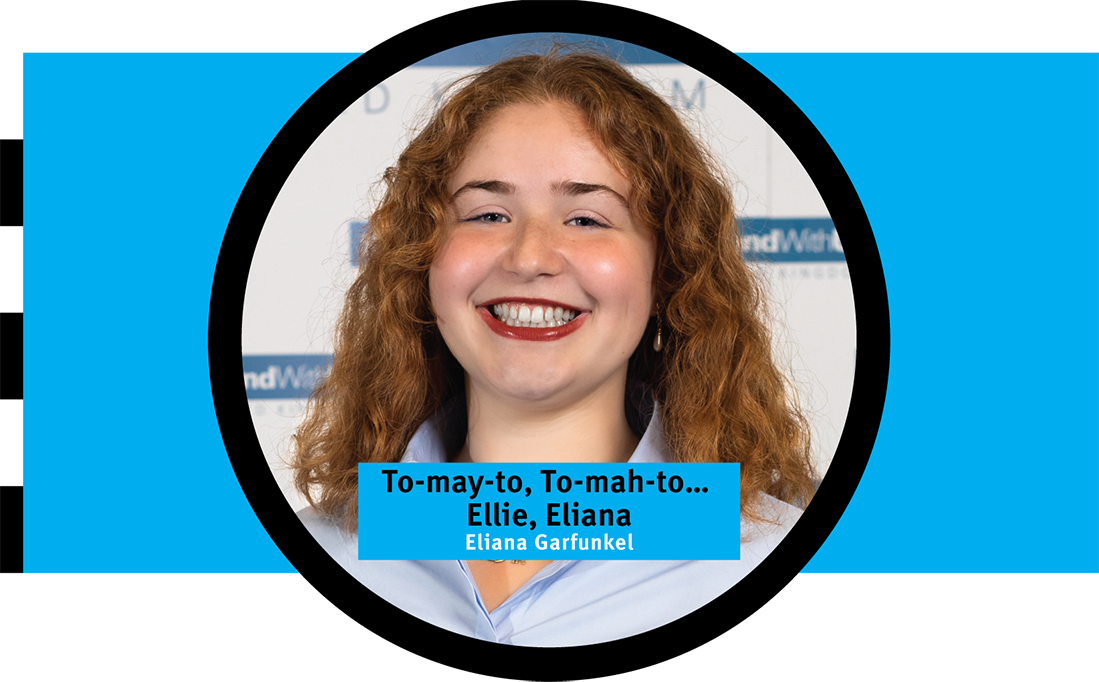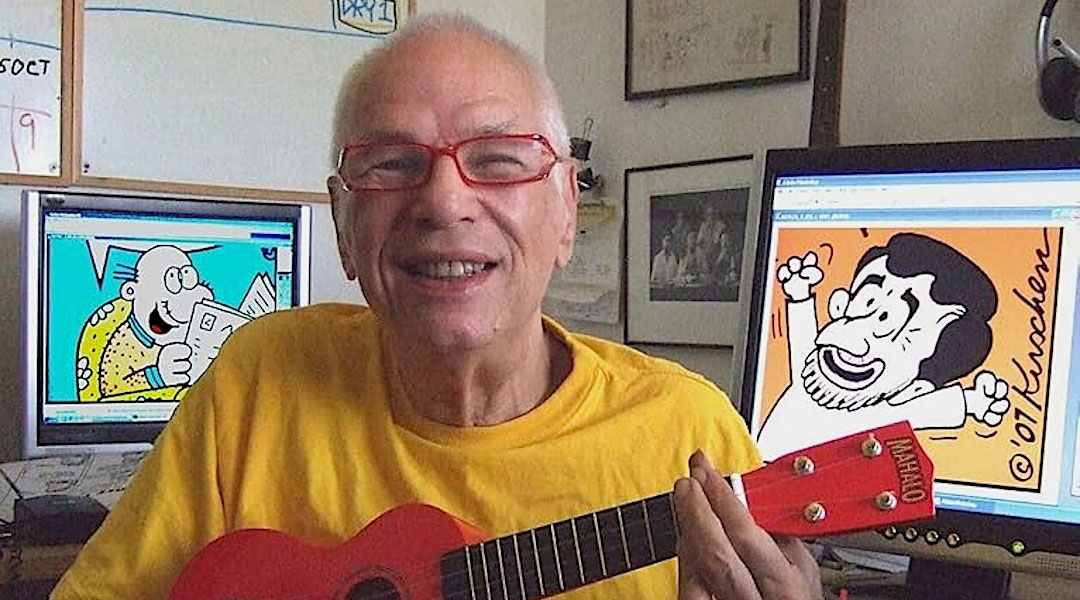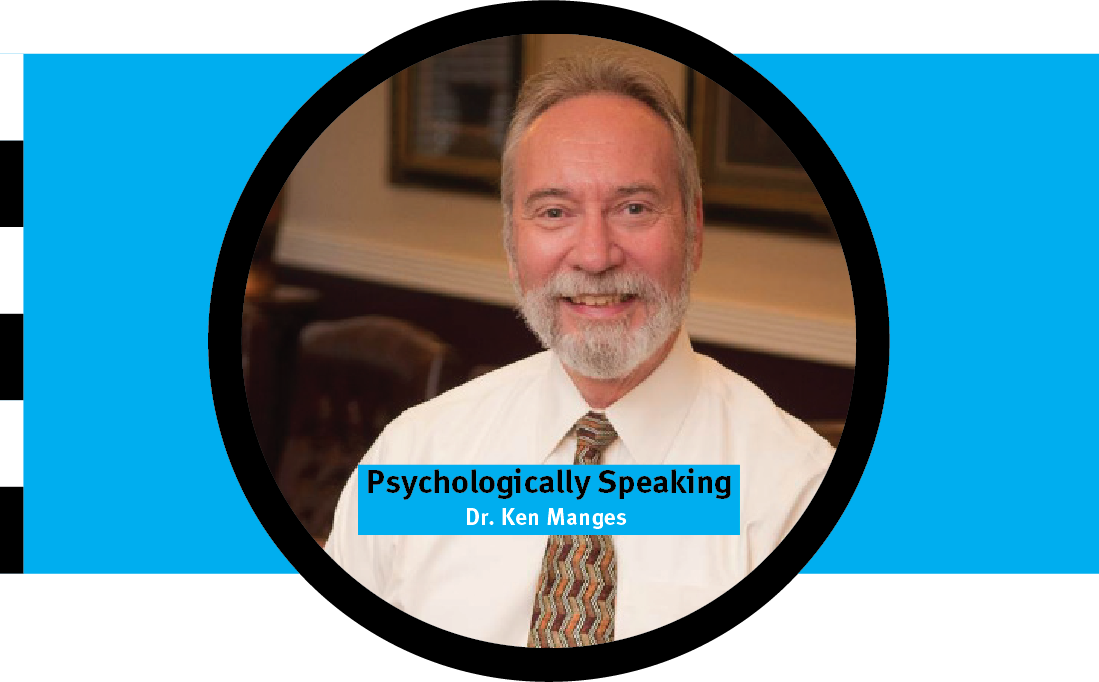On the way to Newark (I think) airport back in 2020, mid-pandemic, I will never forget the advice my Uncle David (we all have an Uncle David, and if you’re like me, an Uncle Mike as well) gave me as I was preparing to embark on my semester abroad at Alexander Muss High School in Israel. He told me to “try not to go in with judgments.” My uncle is a very wise man. Born in Ecuador but American made, he is one of the people I admire most in this world. He has an insane work ethic as an anesthesiologist, but he also brings that work ethic to everything else in his life, including his relationships with others, his hobbies and especially his own growth. This is why that simple one-line piece of advice carried so much weight as I arrived in Hod Hasharon. I kept on repeating to myself that I had no right to determine who people are before getting to know them. It’s just not American. With due process in mind, I had the best four months of my life. I allowed people to speak for themselves, and just as importantly, I gave the room for experiences to happen organically without an agenda.
Unfortunately, I’m not in Israel anymore and I’m also not in a place where people like Jews very much either. I don’t know about you, but I’m very tired of hearing the word “antisemitism.” I hate how antisemitism has defined so much of the identity surrounding Judaism. And while I am trying to remind myself of those words my uncle said to me years ago, I find it becoming harder and harder to motivate myself to leave judgment at the door. I find that when (but more realistically, if) I go on to my campus at Royal Holloway University of London, I am constantly on the lookout, and constantly worried about how visible my Judaism is… and worse, constantly assuming that people hate me for being a Jew. I am starting to believe that judgment is sometimes necessary. I’ve recently let my mind wander into this ideology that judgment is a tool that we’ve inherited for the purpose of survival. Imagine you’re in the wild, no electricity, no running water, no anything really. You’d need to use your own judgment in order to save yourself from a pack of wild wildebeests, or eat them (because they are kosher animals). Judgment has merely evolved with us. Now, we must socially survive. Belonging to a generation that is far too polarized, it is hard to navigate judgment. We are constantly told to be judgment-free and to accept everything and everyone, but heavily judged by the same people for simply being Jewish and believing that we should have a homeland.
Recently, however, I’ve had the pleasure of sitting down with another peer who has just graduated the StandWithUs UK Emerson fellowship with me, Jake Lanzkron. Jake hails from North London, the buzzing hub of Jewish life in England (from what I’ve seen, and I haven’t been to Manchester yet), and is a proud product of all that that entails. He went to JFS (Jews’ Free School) for sixth form (high school) and he will be graduating from the University of Leeds with a degree in international history and politics this July, and believe me when I tell you that that is as impressive as it looks on paper. I knew that when I first met him at our Emerson fellow induction day back in September I would need to pick his brain at some point. So, naturally when we sat down in Gail’s for a cup of coffee I was relieved that he also didn’t want to talk about antisemitism. Instead, we spent two hours just talking straight up Judaism.
Back in February, we were in LA for the StandWithUs international conference, and after Shabbat a group of us made our way to a jazz and blues bar in Santa Monica. It was a very lively scene, a scene that I honestly didn’t think LA was capable of creating, but there I go again with my judgments. Outside the back, there was a little taco stand called Paco’s Tacos. After Paco gave me my taco, I asked Jake what Judaism meant to him, if he was religious, etc. Long story short, I was being nosy. He told me that he was orthodox but that he wasn’t strictly kosher and didn’t keep Shabbat, which was funny because I was coming off a very intense yidlife crisis where I focused the majority of my efforts towards keeping Shabbat and being as strictly kosher as I could possibly be. But this wasn’t the end of that conversation. Two months later, I asked him again over a crossover pastry of a croissant and a cookie that we decided to label The Crookie. This time, in the light of the day, he told me that Judaism is simply “everything.” I connected the dots immediately and saw just how genuine his Judaism was to him. Although Jake isn’t a kippah-wearer like his brother, he still carries his Judaism with him at all times. It’s impacted the holidays he’s taken with his family, the university he went to (U of Leeds is very Jewish) and certainly the people he’s met. Growing up in an observant household allowed a world of opportunity for him.
I think everything is a matter of perspective; we can be grateful for how our childhood shaped us into the people we are today or we can blame our past and deny who we are as people. With religion in general this tends to be a theme I’ve noticed in my just-shy-of 22 years of life. If you grew up religious it seems that you are either grateful for it and dive deeper into it, or you are the type of person who hates things being forced on you, so you divorce yourself. And the same goes for people who didn’t grow up religious. Jake is a person who grew up religious and has adapted his religiousness to the person he has grown up to be. To him, Judaism means a connection to G-d, and from what I gathered, a deep and meaningful connection at that.
When I asked him about his connection to G-d, and if he always believed in G-d, he gave a very profoundly honest answer that he didn’t think he knew what G-d was at such a young age, and don’t kid yourself — neither did you. What he did know was what it looked like. For instance, Shabbat. Not being able to go anywhere, always visiting his friends on Shabbos afternoon, it gave him a ritual and best friends that he still is very close with today. Things like that led him to another realization that that level of connection with one another is quite rare in the general world — “Not being able to do anything but talk to each other.” Although he doesn’t keep Shabbat in the same way as he did as a kid, he still appreciates the value in it. It’s something he wants to continue for himself to some level, and for his kids one day. As a kid having Friday night dinner with his family, it was very clear that that was religious, but later on, at around 15, he slowly began to discover what it meant to him. We were both in agreement that at some point in life, you have to give things a meaning.
A meaningful mitzvah that Jake has decided to take on is trying to wrap tefillin as often as he can, although he admits he should do it more. It starts his day right. It’s also very meaningful to him, and a good way of connecting to G-d. However, he doesn’t do everything. Jake thinks that the binary definitions of what Judaism should look like can be very harmful.
What if someone wraps tefillin every day but gets a pizza out? Are they not religious? Are they not a good Jew? Judaism shouldn’t just be defined with Shabbat and Kosher. I’m right there with Jake in that belief, that Judaism should be encouraging of a connection to G-d, and acknowledging that that looks different for everyone. But it goes a bit further than that as well for myself. I was expressing my frustration with how some very religious people who follow halakhah strictly may be considered very good Jews, yet there are some folk who just aren’t very nice generally. Apparently, there’s a phrase for that. Jake enlightened me of Derech Eretz Kadma LaTorah — the way of the land precedes the Torah. I’m no expert on the concept, but it seems like it says that it’s a bit of a paradox to be a jerk and still say that you are a religious person.
I asked him a bit more about his education, because he said that he learned this in his primary (elementary) school and as I said earlier, he went to JFS for high school. So, he’s had a Jewishly influenced education. Although Sycamore has a good amount of Jews, we certainly weren’t learning Rabbi Akivah at any point. Jake enjoyed learning all of this at a young age, and I have to admit that I’m a little jealous of his education. No shade to my Jewish education, but spending a week on different Kosher hechshers at Hebrew school might have been a bit overkill when a lot of my peers don’t even know what our religion actually believes. Either way, Jake and I are both reaching a point in our lives where we’re searching for more when it comes to Judaism; what it means, what it looks like and anticipation for where it will take us in life. Jake hopes for that to be Israel one day.
So… Judgment. Where does that fit in with all of this? I still think my uncle is right… but I also think I’m right. But I’m going to change what I originally said from judgment to evaluation. Evaluation is necessary for survival. If we are growing as Jews, and focusing our efforts on ourselves and not others’ definitions of Jews, we might just allow a bit more joy into our life. I believe that we can all learn something from Jake’s ease and pride in his choosing of Judaism over and over again. It is a privilege to reflect on our Jewish and normal selves, and really that’s where our attention should be. It’s a breath of fresh air not to talk about antisemitism when it comes to Jewish identity but to focus on what Judaism is really about. Being Jewish. Because it’s everything.




